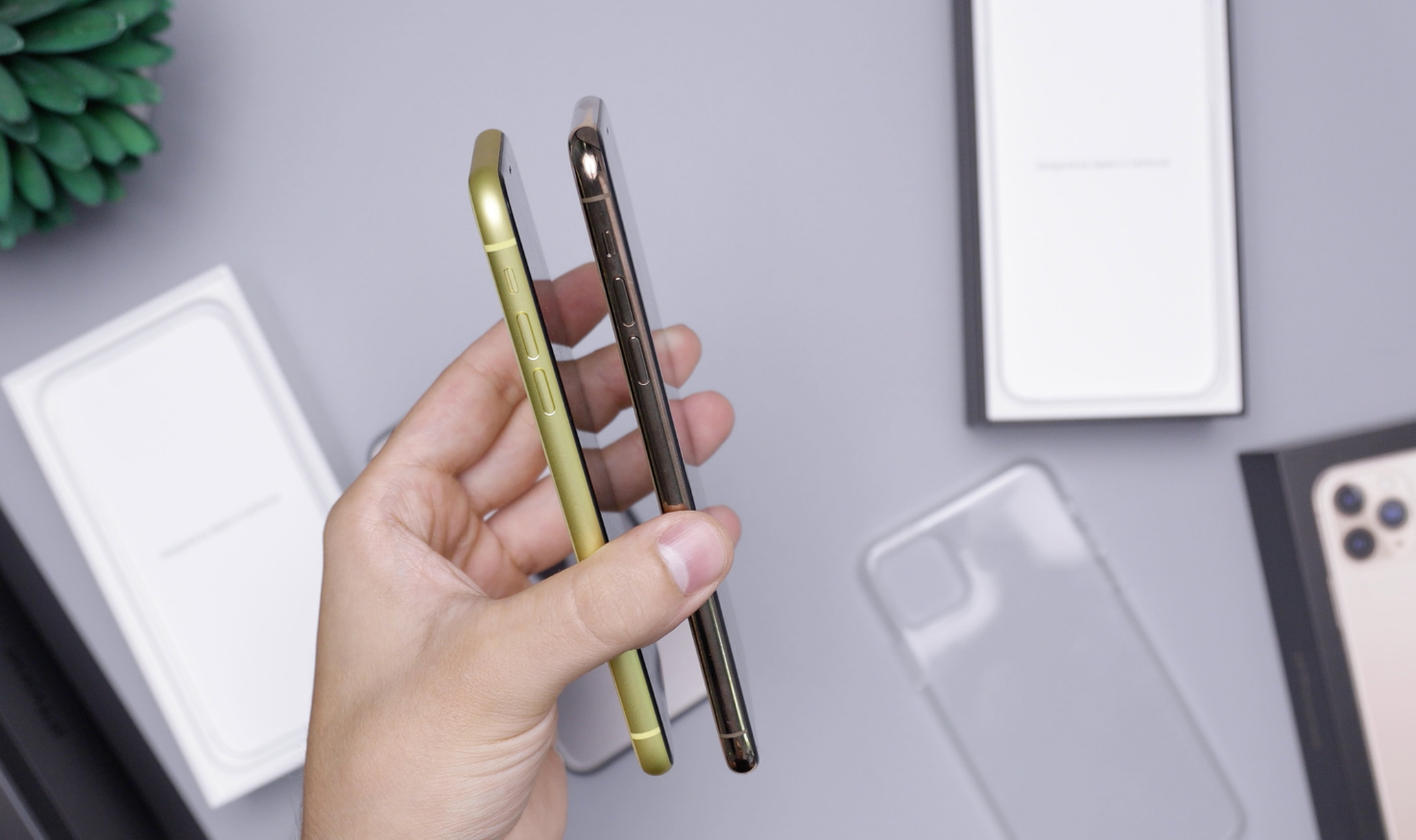Want to empower your mobile workforce?
Learn how to manage the devices used within your enterprise efficiently with Hexnode.

Get fresh insights, pro tips, and thought starters–only the best of posts for you.
Andrei Geralt
Jul 8, 2021
8 min read

A few years back, both smartphones and tablets were considered consumer-centric devices. Today, these devices are used extensively in almost every industry out there. It’s not a surprise to see people taking notes on their tablets or scrolling down reports in the subway.
Both smartphones and tablets are handy, and their accessibility, in turn, improves both user convenience and response time. This could boost the effectiveness of the workforce. Now that we’ve warmed up, let’s put the big question out there. Tablets vs smartphones. Which one is best for your enterprise?
Considering the fact that both tablets and smartphones run on the same operating system, you aren’t at fault if you think of tablets as a larger smartphone. However, tablets and phones are pretty different when you consider their use cases. Sometimes, using a tablet would be more convenient for a task. Other times, your phone would do.
If you are currently on ‘the thinker’ mode, facing the tablets vs smartphones situation, think about the device use case. Here are a few criteria which could help you decide.
Both tablets and smartphones are both pretty handy, like literally, they fit in your hand. This is what makes them super useful in an enterprise scenario. Running around the office with a desktop is an impossible event. With a laptop? A marathon, where you’d get tired eventually. A tablet would be something akin to a book, making them pretty nifty when you go on business trips and attend presentations or meetings.
If you consider tablets handy, then smartphones would be super convenient. Tablets certainly could be carried everywhere, but we need to emphasize the word ‘could.’ People would still leave their tablets in the office when they go out for lunch or when even they go back home. Smartphones, on the other hand, would always remain on person. This enables work to go where the employee goes.
Tablets vs smartphones: So, when it comes to portability, smartphones have the upper hand.

There was a time when people were obsessed with bigger screens. Well, it’s not wrong to say that people still are. Larger screens come at the price of portability. If your device can’t fit in your pocket, that means you need a bag or something which is not convenient. However, there are some benefits to having a bigger screen. When it comes to tasks involving more screen time, people naturally prefer the larger screen. This is the better alternative to squinting your eyes and staring at your 5-inch phone screen.
Tablets are viewed as the perfect devices when it comes to taking notes and perusing reports. They are also ideal when making presentations or more time-consuming tasks like creating sheets and documents. In these cases, we can say that size of the screen is proportionate to employee productivity. The smaller screen size of mobile restricts the user from prolonged screen time. This restriction caps the extensive use of mobile devices for work.
Tablets vs smartphones: Tablets are more suitable for longer screen time tasks than mobile devices.
Communication is vital in an enterprise. An office worker probably has a team, and the associated tasks may require a certain level of teamwork. You’re probably thinking that all communication happens on the laptop or desktop. It may be the case, but what happens when a sudden issue arises and your manager is on a lunch break?
There are cases where having a smartphone or tablet would be a more efficient way to keep track of the latest updates and office happenings. Naturally, smartphones would be considered the ideal choice since people carry them around almost at all times.
Tablets vs smartphones: Smartphones are better than tablets in this case. It’s a little difficult to imagine waking up and checking your 10-inch tablet, no?
Remember the size matters section? Not all the time. While tablets certainly do have a bigger frame than smartphones, there isn’t a lot of difference in battery life and storage capacity. While smartphone battery capacity does end up going down overuse, this is purely due to high charging cycles. So, it’s a tie.
So, the winner is..you! Okay, it’s more of a tie. Both devices are great choices, but the final decision should be based on the use case when facing a tablets vs smartphones scenario. Mobile devices are nifty and are an excellent choice for applications that do not involve much screen time or tasks that involve a lot of precision. Tablets, on the other hand, can do almost everything but are not handy enough. While you can expect a person to carry their phone 24/7, you can’t expect the same with a tablet.
Smartphones and tablets are no longer tied to consumer hands. Both are slowly taking over tasks previously handled by desktops. However, saying that desktops are gradually being replaced wouldn’t be exactly true. There are certainly a lot of tasks where using desktops would be the more optimal choice. The right device can only be finalized after checking if it’s a proper fit for your use case.
So, devices of different platforms will be used within the workplace. The fact is irrefutable. To manage all the other devices used within the enterprise, we need a single standard solution. When it comes to deploying devices in bulk, using a UEM solution is again, the better solution. For devices of all platforms? A UEM like Hexnode would be the best solution. Choosing your tool is an essential first step. Keeping your devices secure is your second.